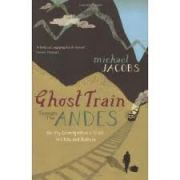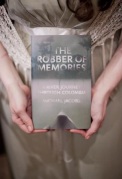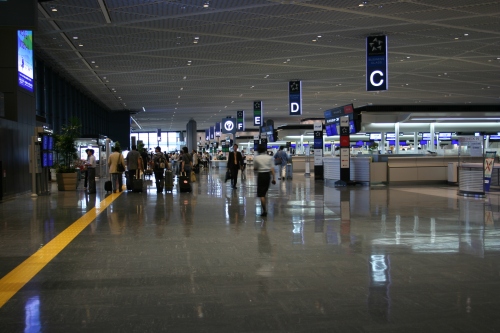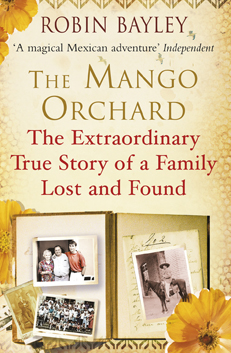How factually accurate does a non-fiction story have to be? It’s a conundrum for every travel and non-fiction writer, and is hotly debated by readers and writers alike.
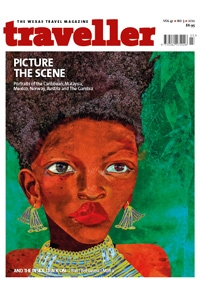
The latest Issue of Traveller magazine
I was not to worry, she said, someone had already written a sidebar with all the facts and figures of how to get there and what to see. From me she wanted a mood piece to accompany some beautiful photos she had of the city. “Something made hazy with the passing of time might work well.” She was also after a strong visual and sensory idea of place, with a clear narrative. So, I was to write a poetic vignette, hazy yet with a clear narrative… about a place I couldn’t really remember.
It was a tough brief. I tried to construct the piece around the few facts I could really remember, but it just didn’t work. It only started to come together when I allowed myself to remember the emotions I had felt when I was in Oaxaca. Two days before I arrived there I had left Juanita behind in Guatemala. My heart was raw and I experienced everything through the sensation of loss.
Suddenly, the words came easily and the article was written. But how is it possible, you might ask, that my stay in Oaxaca – so ripe with emotional drama – didn’t appear in the book?
I had always intended on writing this scene in The Mango Orchard, but didn’t include it in the end because it didn’t make narrative sense. I cut it out to make the story read better.
This leads to a question I am often asked: is The Mango Orchard all true? Yes, it is. Everything really did happen; I just changed the order of some events. In real life, I left Juanita not once, but twice. To have included it exactly as it occurred in real life however, would have been confusing. It might have also made me look like a bit of an idiot.
If someone asks you about your day, you edit it down. If, for instance, during your day you bought a cheese and ham sandwich, paid a bill at the bank and then saw the Queen water skiing naked on the Thames, my guess is that you would probably neglect to mention the bank and the cheese and ham sandwich.

Bruce Chatwin
I know of non-fiction writers who create composite characters and invent key sequences to enable them to tell the story. Even a travel writing great like Bruce Chatwin was accused of fictionalising significant portions of In Patagonia. Some writers go to the other extreme and transcribe every word of every meeting, even to the extent of pretending to have diarrhoea so they can run to the bathroom every five minutes to jot down conversations verbatim.
For the record, my policy on writing non-fiction is this: events have to really have happened, characters need to exist. But if changing the order of events or highlighting a particular aspect of a character’s personality helps the story to flow better, I don’t hesitate. Also, while I quote people as accurately as possible, I don’t think the reader will complain if I edit out the ums, I don’t knows and non-sequiturs.
Finally, I have a confession to make. Amy, the editor of Traveller magazine didn’t ask me to write the article at the launch party. In reality, it was eight days later, after a phone call and an extended e-mail correspondence, following a conversation we started at the party. Would you really rather I had put that at the beginning of this blog?
Read Full Post »
